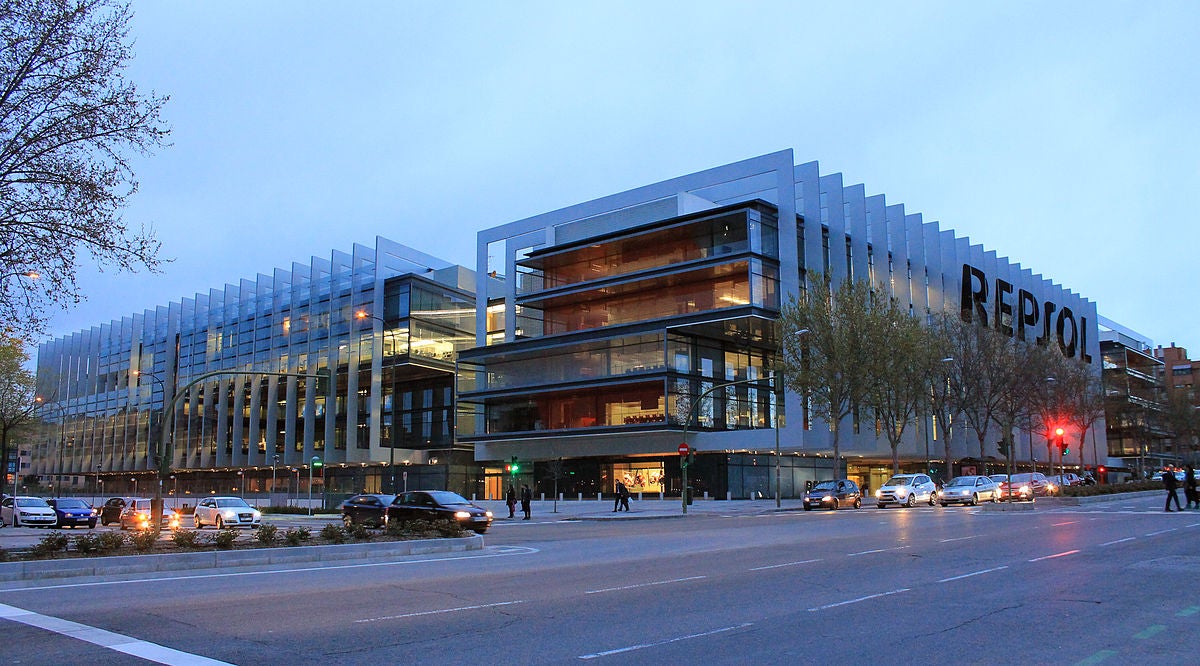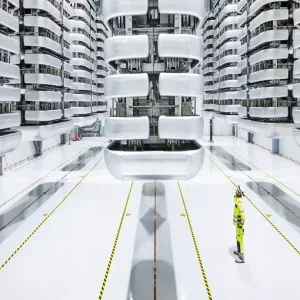
Repsol is set to scale down its oil exploration activities and reduce its presence in 14 countries as it unveiled a new strategic plan for the next five years.
The 2021-2025 Strategic Plan seeks to accelerate energy transition as the Spanish firm aims to achieve zero net emissions by 2050.
The company will establish a new operating model that segregates its business into four business areas- Upstream, Industrial, Customer, and Low-Carbon Generation.
The plan intends to invest a total of €18.3bn between 2021 and 2025, of which €5.5bn will be earmarked for low-carbon businesses.
The increase in investment in low-carbon businesses will increase renewable generation capacity to 7.5GW by 2025 and 15GW by 2030.
Repsol expects upstream business to generate €4.5bn of free cash flow in five years
On the other hand, in the upstream business, the production will be around an average of 650,000 barrels of oil equivalent per day.
Exploration activities will be more focused and efficient as the business will emphasise on key geographic areas. It also intends to reduce emissions across its asset portfolio.
The strategic plan is based on Brent crude oil prices at an average of $50 per barrel and Henry Hub gas at $2.5 per million British thermal units.
The business is expected to generate €4.5bn of free cash flow between 2021 and 2025, nearly five times compared to the previous five-year period (based on a same-price scenario).
Repsol CEO Josu Jon Imaz said: “With this new strategic plan, which leverages our strengths, we are taking a significant step towards becoming a net zero emissions company, outlining a profitable and realistic roadmap that will allow us to grow, maximise value for our shareholders, and assure the future.
“Our strategy is based on a multi-energy offering that combines all the technologies for decarbonisation of energy. We will be more efficient and increase our renewable energy objectives as well as our manufacture of products with a low, neutral, or even a negative carbon foot-print.
“We will promote circular economy initiatives, develop new energy solutions for our customers, and boost cutting-edge projects to reduce the industry’s carbon footprint.”
In October, the company announced that it will build an advanced biofuels production plant at its Cartagena refinery in Spain .






